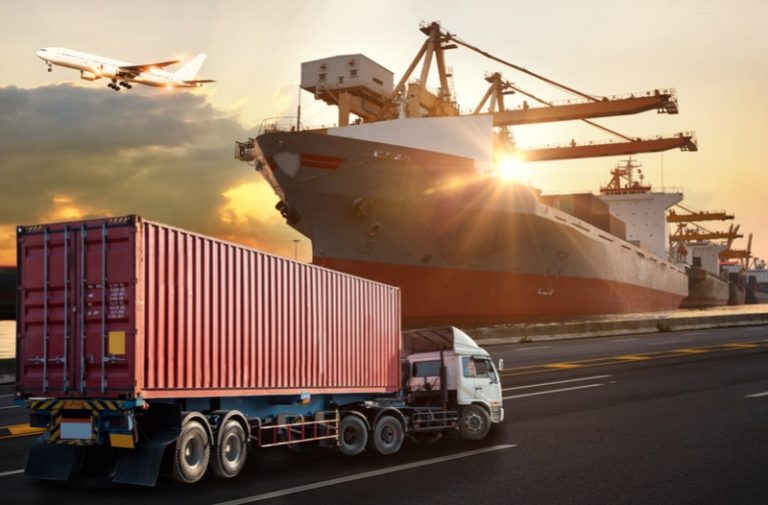Services that export products often should emulate various obstacles in delivering their products to the clients. In many cases, such services work with professionals known as “products forwarders” to aid them in getting over these obstacles.
What Can a Freight Forwarder Offer?
Products forwarders typically work as middlemen in between the businesses that hire them, and the various transport solutions responsible for getting their items to abroad clients, including carriers, handlers as well as customized officials.
The variety of operatives associated with bringing products from providers to customers largely depends on the final destination of the shipments as well as the nature of the products sold.
- Product packaging
China freight forwarder consistently aids the company’s package as well as prepares products for export. This task has varying levels of complexity, based on the final destination of the product. For instance, packaging for delivery within a country might be less complex than packaging items for extended transport, where things may be delivered in huge freight containers and might be packed as well as unloaded multiple times along the path. Items may likewise be kept in settings of severe low, and high temperatures, as well as they can experience an unstable climate that can scramble the freight ships.
- Classifying
Products forwarders aid companies to correctly identify plans, to make sure they consist of the complying with info:
- An itemized checklist of products in the delivery container
- Native land
- Any dangerous items
- Appropriate weight, reflected in pounds, as well as kilograms
- Any type of details required in the language of the destination nation
- Port of access details
- Documents
Delivering products overseas commonly calls for a large amount of intricate documentation calling for specialist expertise, that may include the following:
- BOL or Bill of Landing: This is a contract between the owner of the products as well as the provider. Two kinds of of BOLs are there; a nonnegotiable “straight” BOL, as well as a negotiable “carrier’s” BOL.
- Business Invoice: The billing is the expense for the items provided by the vendor to the customer, often used to determine the true worth of goods when examining the amount of customs duty.
- COO or Certificate of Origin: This authorized declaration recognizes the beginning of the export item.
- Assessment Certification: This document might be called for by the customer to license that the products have been inspected and/or checked as well as the quality of the goods is deemed acceptable.
- Export Certificate: This license is a federal government file that licenses the export of products in particular amounts to a specific location.
- SED or Shipper’s Export Declaration: This paper contains export stats, as well as is ready using the Postal Service for shipments above $500 in worth.
- Export Loading List: This thorough packing listing makes a list of each product in the shipment, the kind of packaging container used, along with gross weight and plan measurements.


Comments are closed.